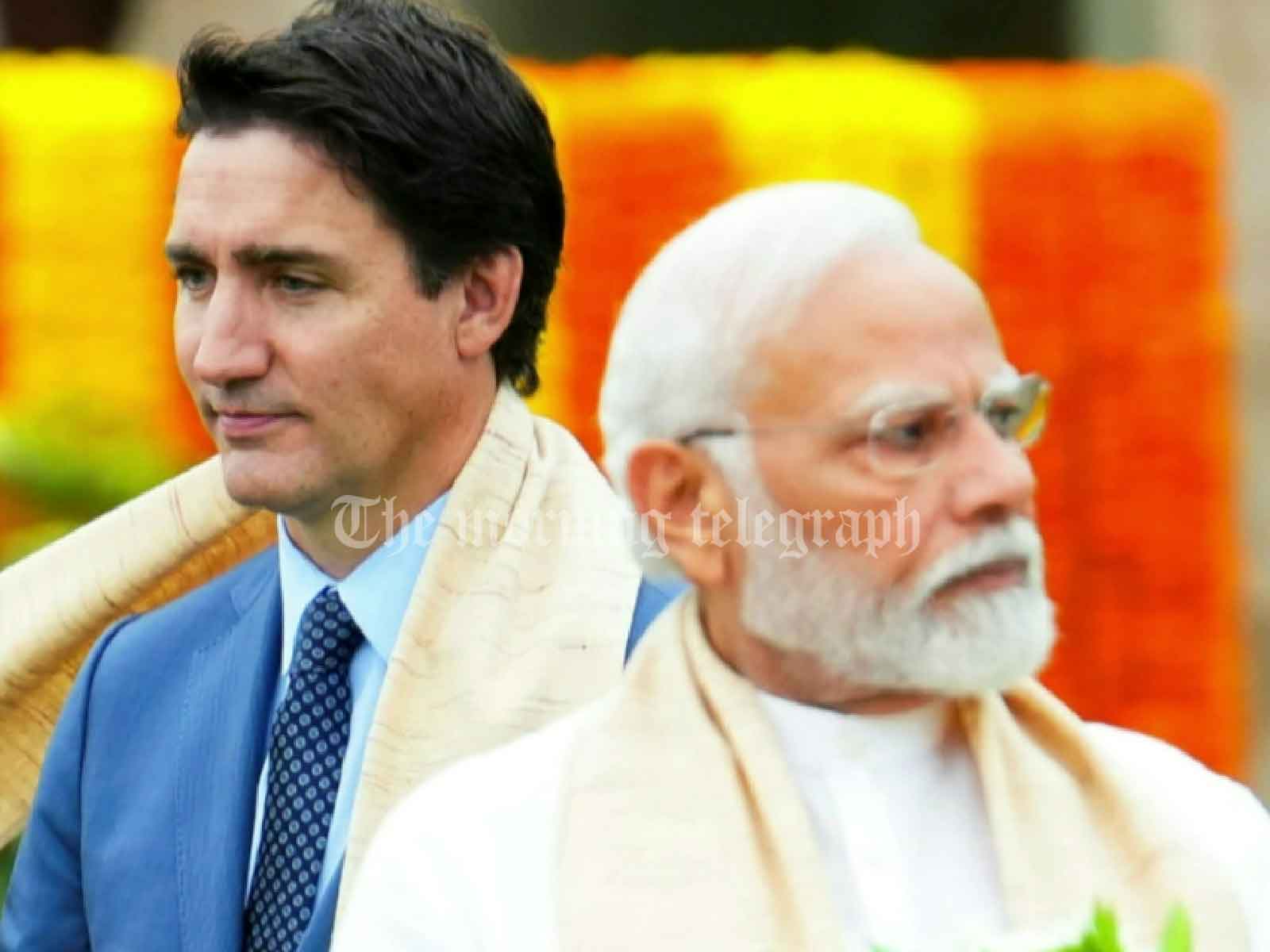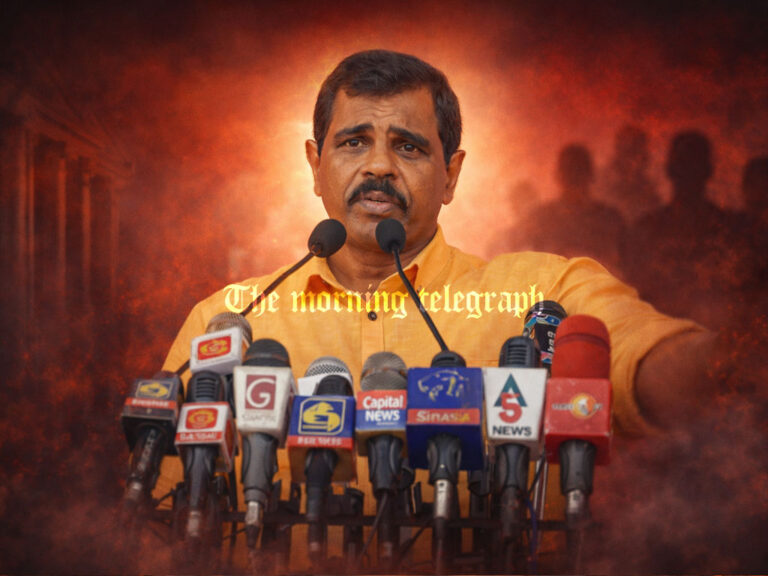
The diplomatic tensions between India and Canada continue to rise, with Indian Prime Minister Narendra Modi recently condemning an attack on a Hindu temple in Canada. The incident, which occurred amid the ongoing diplomatic crisis, has further strained relations between the two nations, highlighting the vulnerabilities of the Indian diaspora in Canada.
The attack on the temple has been interpreted by Indian officials as part of a broader pattern of hostility toward the Hindu community in Canada, which Modi described as deeply concerning. During a public address, he urged the Canadian government to take stronger measures to protect religious minorities and ensure their safety, reflecting the Indian government’s increasing frustration over what it perceives as a lack of action against anti-India sentiments within Canada.
This condemnation comes on the heels of allegations made by Canadian Prime Minister Justin Trudeau, accusing Indian agents of involvement in the assassination of Hardeep Singh Nijjar, a Sikh activist, which has significantly escalated tensions between the two countries. India has categorically denied these accusations and labeled them as unfounded, further complicating the diplomatic landscape.
In response to the rising tensions, India has taken steps to bolster the security of its diplomatic missions in Canada and has issued travel advisories to its citizens in the country. Canadian officials have also heightened security measures around Indian diplomatic establishments following the backlash from the allegations.
The attack on the Hindu temple is seen as a manifestation of the growing polarization and communal tensions that have emerged in Canada, particularly among its significant South Asian diaspora. As both governments grapple with rising public sentiments and accusations, the incident underscores the challenges of managing multiculturalism and communal harmony within Canada.
As the situation evolves, analysts warn that continued hostility could lead to further deterioration of bilateral relations, impacting trade, cooperation on security issues, and cultural exchanges. The international community is watching closely, as the implications of this crisis extend beyond the two countries, potentially affecting regional stability and diplomatic alignments.




